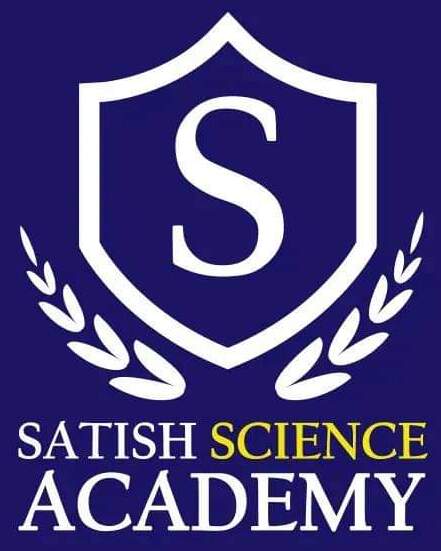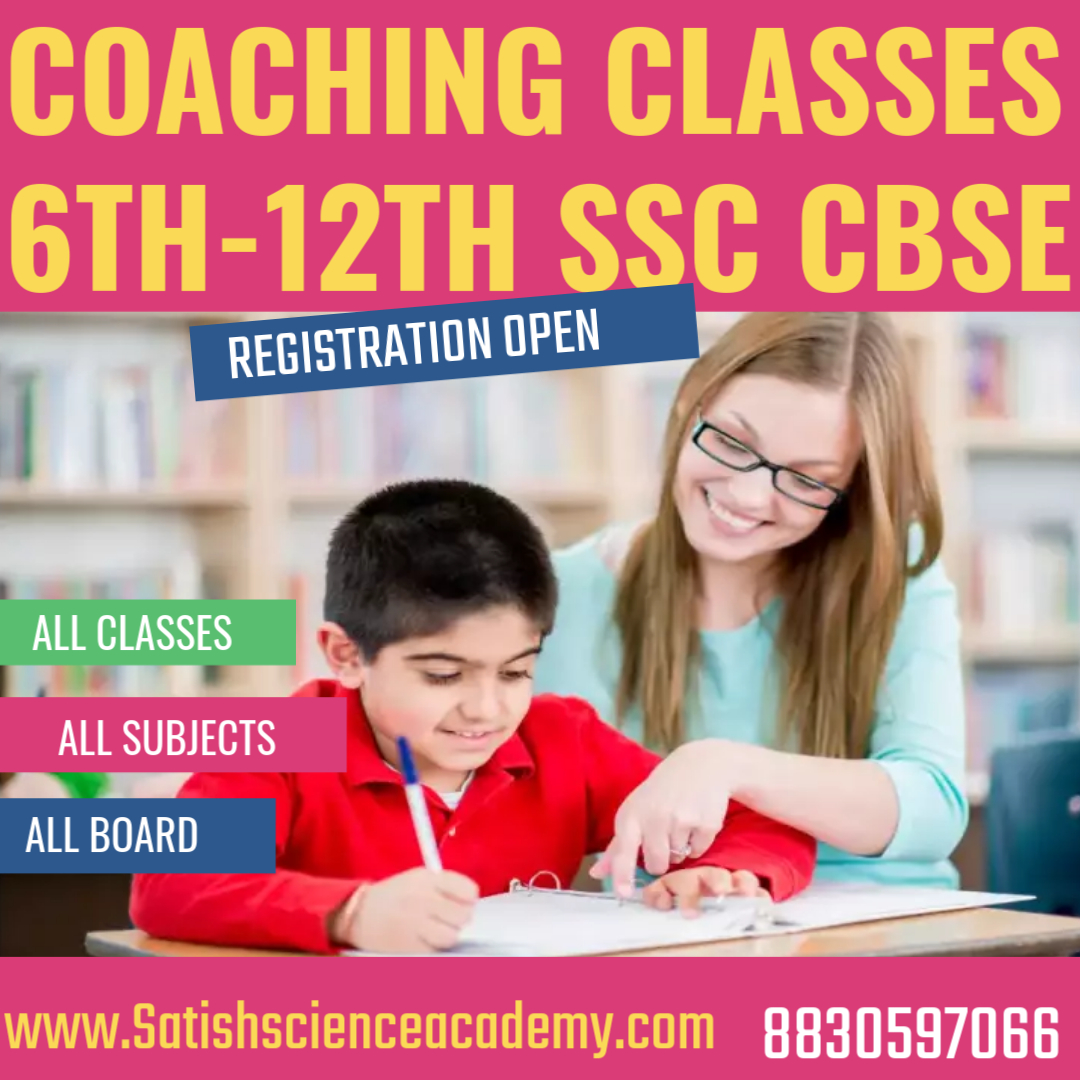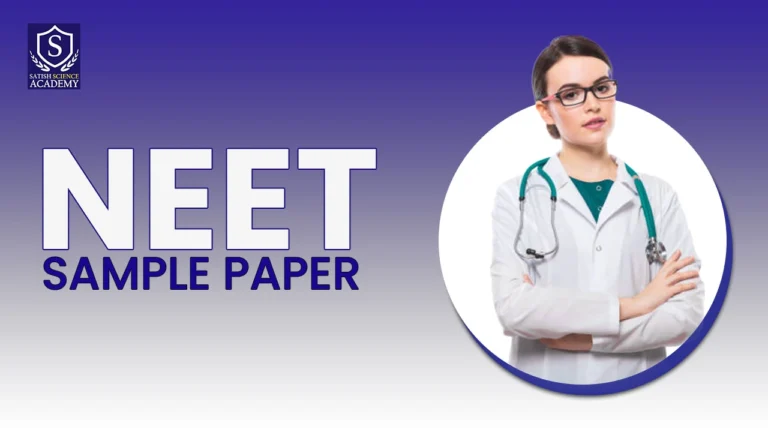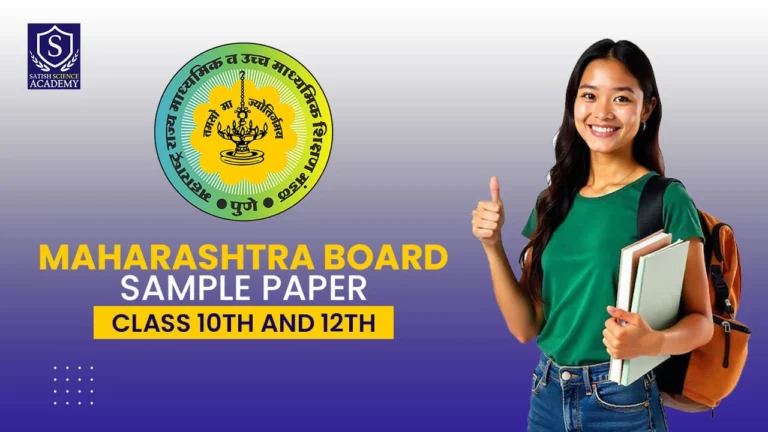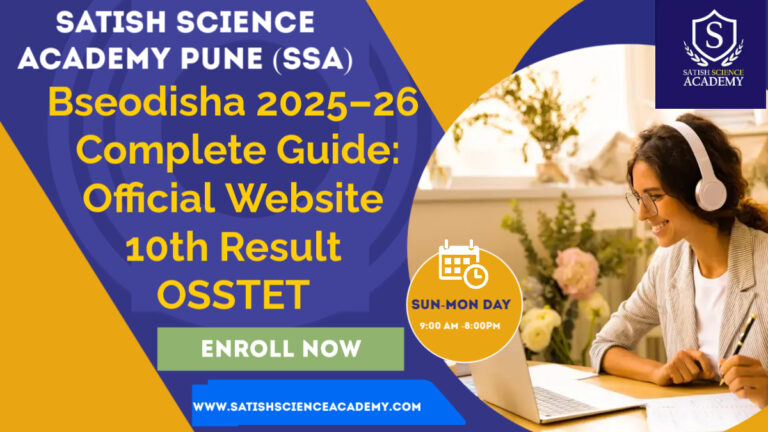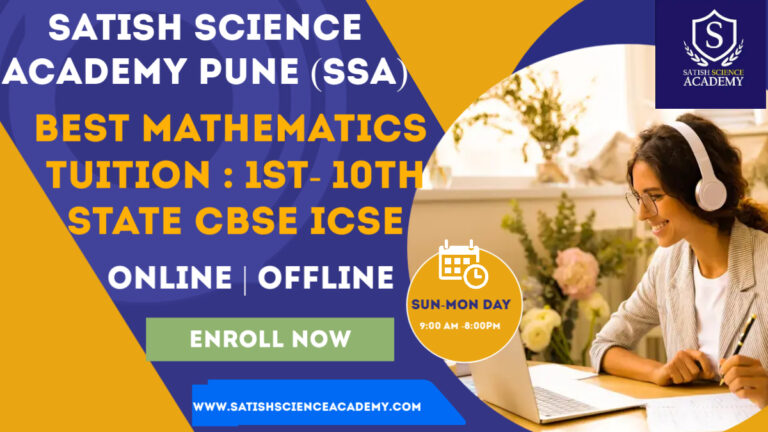Best Guide to 11th Admission 2025 – Stream, Process & Eligibility
What is 11th Admission?
The term “11th Admission” refers to the process through which students who have completed their secondary education (Class 10) officially enroll in the next academic level—Class 11. This step marks the beginning of higher secondary education, a crucial phase where students choose specific academic streams aligned with their future career aspirations. Admission to Class 11 is a structured procedure that schools and educational boards in India follow to ensure eligible students continue their academic journey smoothly.
Importance of Class 11 Admission for a Student’s Academic Journey
Class 11 is a pivotal year in a student’s educational life because it lays the foundation for advanced learning in specialized subjects. The choices made at this stage—whether to pursue Science, Commerce, Arts, or Vocational courses—can influence a student’s higher education options and career path. Securing admission to Class 11 is essential for accessing quality education in the chosen stream and for preparing for board exams in Class 12, which are significant for college admissions.
Moreover, the transition from Class 10 to 11 is often competitive and structured differently by various education boards, making it important for students and parents to understand the admission timelines, requirements, and procedures thoroughly. Timely admission helps avoid disruptions in studies and ensures students benefit from the full academic session.
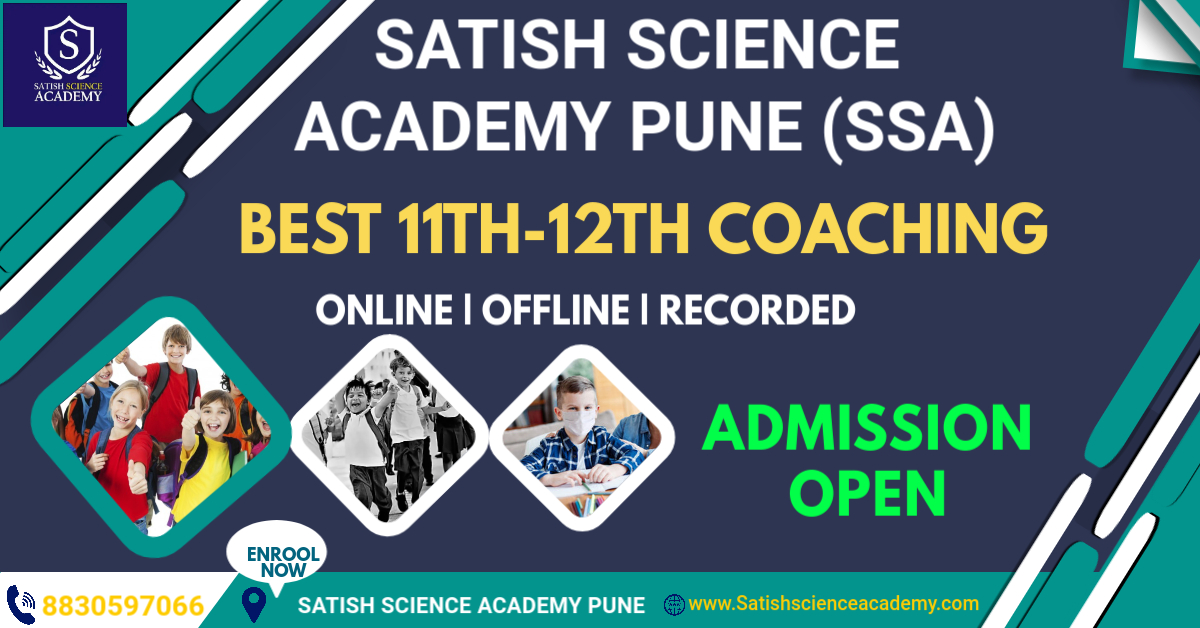
Overview of the Admission Process in India
In India, the 11th admission process generally begins after the announcement of Class 10 results, which usually happens between March and June, depending on the board. The admission procedures can vary widely among schools affiliated with different educational boards and across states, but the key steps often include:
-
Notification of Admission: Schools release official notices regarding admission dates, application forms, and eligibility criteria.
-
Application Submission: Students or parents apply online or offline by submitting the required documents and forms before the deadline.
-
Verification of Documents: Schools verify the academic records and eligibility credentials, such as Class 10 mark sheets, transfer certificates, and identification proofs.
-
Stream Selection: Based on marks and student preferences, schools offer admission in different streams (Science, Commerce, Arts).
-
Payment of Fees: Once admission is granted, parents pay the prescribed fees to confirm the seat.
-
Issuance of Admission Letter: Schools provide formal admission letters or confirmation certificates to enrolled students.
In some regions, there may be entrance tests or counseling sessions, particularly for highly sought-after schools or specific streams.
Brief Mention of Key Boards (CBSE, ICSE, State Boards, NIOS)
India has a diverse educational system with multiple boards conducting Class 11 admissions:
-
CBSE (Central Board of Secondary Education): One of the largest national boards, CBSE-affiliated schools follow a centralized admission process, mostly managed by individual schools. CBSE emphasizes Science, Commerce, and Humanities streams.
-
ICSE (Indian Certificate of Secondary Education): ICSE schools offer a comprehensive curriculum with strong focus on English and application-based learning. The admission to Class 11 is handled by individual ICSE schools following CISCE guidelines.
-
State Boards: Each state in India has its own board (e.g., Maharashtra State Board, Tamil Nadu State Board), with admissions typically managed by respective state education departments and schools. The process and eligibility criteria may vary by state.
-
NIOS (National Institute of Open Schooling): NIOS provides flexible and open schooling options for students who want to pursue Class 11 through distance education or open learning, especially useful for students who have missed regular admissions.
Eligibility Criteria for 11th Admission
Minimum Passing Marks Required in Class 10
Students seeking admission to Class 11 must have cleared their Class 10 board exams from a recognized education board, marking the completion of their secondary schooling.. Generally, a minimum aggregate of 33% to 40% marks is required to qualify for higher secondary education. However, for specific streams—especially Science—schools may require higher marks, often 50% or above, to ensure the student can cope with the challenging syllabus.
Subject-wise Eligibility and Stream Selection (Science, Commerce, Arts)
Admission to specific streams in Class 11 depends largely on the student’s Class 10 results and subject background:
-
Science Stream: Typically requires students to have passed Class 10 with Science and Mathematics as compulsory or optional subjects.
-
Commerce Stream: Students usually need to have studied Mathematics, Social Studies, or Accountancy in Class 10, but requirements vary. Some schools allow Commerce without Math, while others prefer it.
-
Arts/Humanities Stream: This stream is generally open to all students who have cleared Class 10, with fewer restrictions on prior subjects. The Humanities stream offers a wide range of subjects such as History, Geography, Political Science, Psychology, and more, focusing on social and human studies.
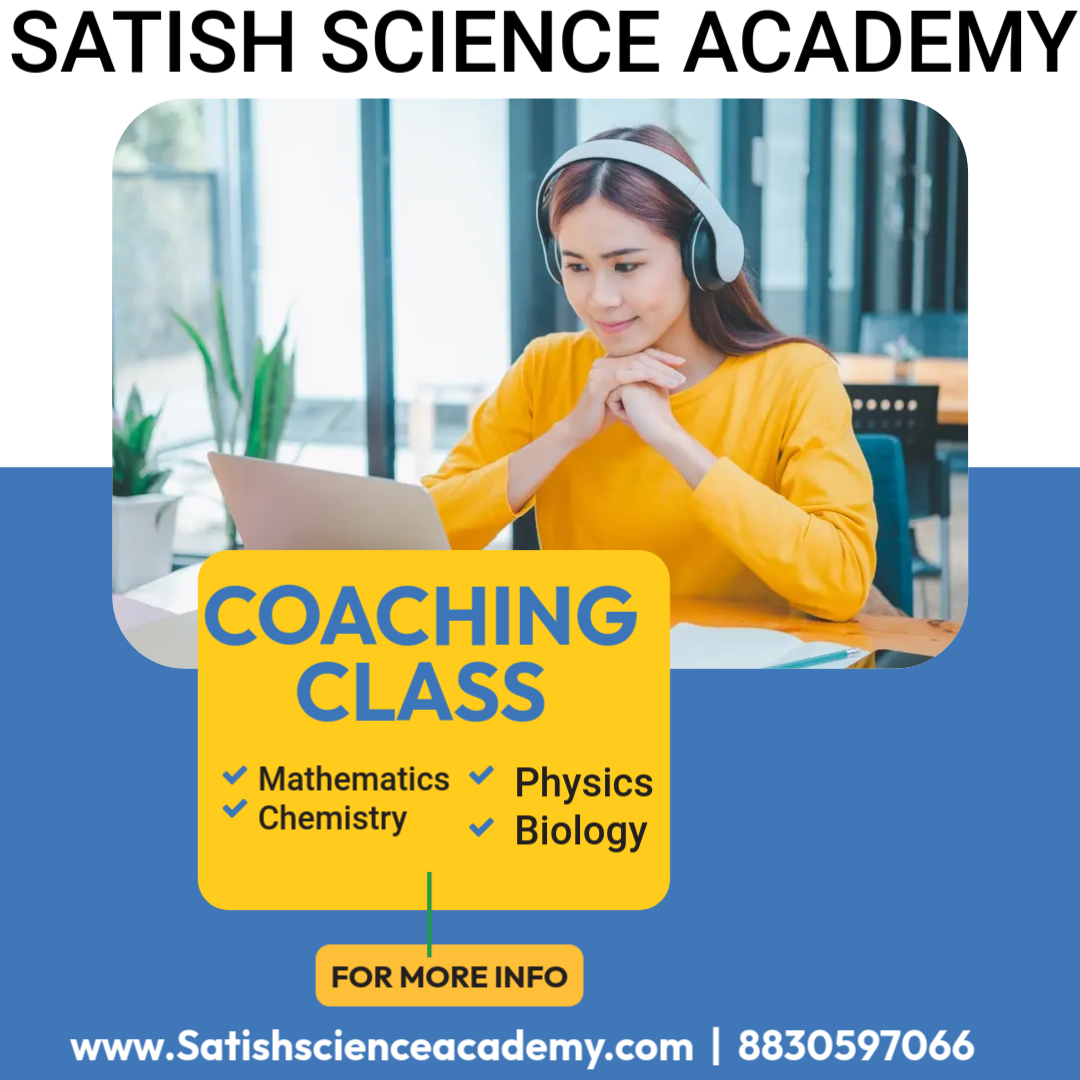
Age Criteria (If Any)
Most educational boards in India do not impose strict age limits for admission to Class 11. However, students are generally expected to be around 15 to 17 years old at the time of admission. Certain state boards or schools might have specific guidelines or relaxations for special cases.
Special Considerations for Reserved Categories
Students belonging to reserved categories such as Scheduled Castes (SC), Scheduled Tribes (ST), Other Backward Classes (OBC), and Economically Weaker Sections (EWS) may benefit from relaxed eligibility criteria and reservation quotas during admission. Many government and aided schools have reserved seats and provide fee concessions or scholarships to support these students.
3. How to Apply for 11th Admission?
Applying for Class 11 admission may feel overwhelming, especially with the range of schools and boards available. However, by following a clear step-by-step process, students and parents can complete the application efficiently and accurately.
Step-by-Step Online Admission Process
-
Check School Notifications:
Visit the official websites of your preferred schools or state education portals. Look for Class 11 admission notifications, eligibility criteria, and application deadlines. -
Register Online:
Most schools and state boards require online registration. Sign up by providing a working email address and an active mobile number for communication and verification purposes. -
Fill in the Application Form:
Provide accurate personal details, academic information (Class 10 marks), and select your desired stream (Science, Commerce, Arts). Double-check all entries before submitting. -
Upload Required Documents:
Scan and upload all necessary documents (detailed below) in the specified format and size. -
Pay Application Fees:
Pay the admission or registration fee through the available online payment methods. Always keep a receipt or transaction ID for future reference. -
Submit and Confirm Application:
After filling out the form and uploading documents, click on “Submit.” A confirmation page or email will be sent as proof of application. -
Track Application Status:
Some schools or portals allow you to track your application. Keep checking for updates on entrance tests, counseling sessions, or merit list announcements.
Important Documents Required
To ensure your application is complete, prepare the following documents in advance:
-
Class 10 mark sheet or provisional result
-
Birth certificate (for age verification)
-
Transfer Certificate (TC) from the previous school
-
Character certificate (if required)
-
Aadhaar card or any government-issued ID proof
-
Passport-sized photographs
-
Category certificate (if applying under reserved category)
-
Domicile certificate (for state board applications)
Admission Through School Portals vs. State Education Portals
There are two primary ways to apply for 11th admission:
-
School-Specific Portals:
Most CBSE, ICSE, and private schools manage admissions through their own websites. These portals offer greater control over stream allotment and interviews. The process is more personalized and quicker. -
State Government Education Portals:
In several states like Maharashtra and Tamil Nadu, centralized portals manage admissions for government and aided schools. Here, students fill out a single application form and choose preferred schools and streams. Merit lists are generated centrally, and admissions are allocated based on scores and availability.
Common Mistakes to Avoid While Applying
-
Entering incorrect personal or academic details
-
Uploading blurred or wrong documents
-
Missing application deadlines
-
Choosing the wrong stream or school preference
-
Ignoring confirmation messages or updates
-
Not keeping hard and soft copies of submitted forms and receipts
Being cautious and thorough during the application process can save students from last-minute stress or rejections.
4. Key Admission Dates and Deadlines
Staying updated with important dates is critical during the Class 11 admission season. Missing deadlines may mean losing a seat in a preferred school or paying additional late fees.
Typical Admission Window (April to June)
For most education boards, the 11th admission process begins soon after Class 10 results are declared—typically between April and June. While private schools often start early admissions based on internal assessments or pre-board performance, government school admissions usually wait for official board results.
Last Date to Apply Without Late Fees
Each school or portal sets its own deadline. However, on average, the last date to apply without late fees falls within 2–3 weeks after the application window opens. Applying within the first few days is always advisable to avoid system errors, rush hour delays, or document rejections.
Importance of Early Application
-
Better chance of securing your preferred stream
-
Access to top-ranked schools with limited seats
-
Less competition during initial rounds of merit list
-
More time for preparation and orientation
Late applicants often end up on waitlists or have to settle for schools or streams they didn’t initially choose.
5. Streams Offered After 10th
Class 11 is a turning point where students transition from general education to specialized academic disciplines. Choosing the right stream is not just about academic performance, but also about long-term goals and personal interests.
Science Stream (PCM, PCB, PCMB)
The Science stream is ideal for students interested in technology, medicine, or scientific research. It includes:
-
PCM (Physics, Chemistry, Mathematics): For careers in engineering, architecture, and physical sciences.
-
PCB (Physics, Chemistry, Biology): For those aiming for careers in medicine, life sciences, and allied health fields.
-
PCMB (Physics, Chemistry, Mathematics, Biology): Offers the flexibility to explore both engineering and medical career options.
Career Prospects:
Engineering, MBBS, B.Sc. degrees, Biotechnology, Data Science, Research, Aviation, and more.
Commerce Stream
The Commerce stream is suitable for students who are inclined toward finance, business, economics, or management. Key subjects include:
-
Accountancy
-
Business Studies
-
Economics
-
Mathematics (optional in some schools)
Career Prospects:
CA, CS, BBA, B.Com, MBA, Banking, Entrepreneurship, Digital Marketing, and E-commerce.
Arts/Humanities Stream
This stream is perfect for students interested in society, culture, communication, and creativity. Common subjects include:
-
History
-
Geography
-
Political Science
-
Psychology
-
Sociology
-
Philosophy
-
Economics
-
Languages
Career Prospects:
Civil Services, Journalism, Law, Teaching, Design, Social Work, Literature, and more.
Vocational and Diploma Options for Class 11
Students who prefer skill-based learning over traditional academics can opt for vocational or diploma courses in Class 11. These programs are offered by many state boards and open schools (like NIOS) in areas such as:
-
Fashion Designing
-
IT and Computer Applications
-
Automobile Technology
-
Tourism and Hospitality
-
Healthcare and Paramedical
-
Agriculture and Horticulture
These programs focus on hands-on training and are excellent for early career development or entrepreneurship
6. Tips for Choosing the Right Stream
Choosing the right stream after Class 10 is a crucial decision that can shape a student’s academic journey and future career path. It’s not just about marks—it’s about understanding yourself and making an informed choice.
Assessing Your Interests and Strengths
Before selecting a stream, students should take time to reflect on:
-
Subjects they enjoy studying
-
Topics they find easy to understand
-
Performance trends in past exams
-
Activities that excite them outside the classroom
For example, a student who loves solving equations and analytical problems may thrive in the Science or Commerce stream, while someone interested in literature, history, or social studies may find the Humanities stream more engaging.
Importance of Career Counseling and Guidance
Career counseling plays a vital role at this stage. Qualified counselors can help students:
-
Discover their aptitude through scientific tests
-
Match their interests with potential career paths
-
Understand the academic demands of each stream
-
Avoid peer pressure or misinformation
Many schools, NGOs, and online platforms offer affordable or free career guidance sessions—utilizing these resources early can lead to better decisions.
Role of Parents and Teachers in Decision-Making
Parents and teachers, as close observers of a student’s strengths and behaviors, can provide meaningful input. However, it’s important for them to:
-
Encourage open conversations
-
Avoid imposing personal aspirations or societal pressure
-
Support the child’s choice with trust and understanding
A joint decision, based on discussions rather than demands, leads to better academic satisfaction and confidence.
Popular Career Paths After Each Stream
Science Stream:
Engineering, Medicine, Research, Biotechnology, Data Science, Astronomy, Environmental Science, and more.
Commerce Stream: Career options include becoming a Chartered Accountant (CA), pursuing a Company Secretary (CS) course, entering the fields of business administration, finance and banking, economic analysis, launching entrepreneurial ventures, or working in the dynamic world of marketing.
Arts/Humanities Stream:
Civil Services, Law, Journalism, Psychology, Sociology, International Relations, Design, Education, and Performing Arts.
Knowing where each stream can take you helps align short-term academic goals with long-term career visions.
7. Admission Fees and Scholarship Information
Financial planning is an essential part of preparing for Class 11 admission.
Typical Fee Structure for Government, Private, and International Schools
-
Government Schools:
Generally have minimal fees ranging from ₹500 to ₹2,000 annually. Some may even offer free education, especially for girl students or underprivileged sections. -
Private Schools:
The annual fees typically fall between ₹20,000 and ₹1,50,000, varying based on the school’s curriculum (such as CBSE or ICSE), available facilities, and overall infrastructure quality. These schools may also charge separately for books, uniforms, and extracurriculars. -
International/IB Schools:
These schools offer global curricula and modern infrastructure. Annual fees can go upwards of ₹2,00,000 and even exceed ₹5,00,000 in metro cities.
Scholarships Available for Class 11 Students
To support deserving students, several scholarship schemes are offered by both central and state governments. Key schemes include:
-
National Means-cum-Merit Scholarship (NMMS):
Designed for academically bright students belonging to financially disadvantaged backgrounds. -
Kishore Vaigyanik Protsahan Yojana (KVPY):
Aimed at encouraging students who aspire to build careers in fundamental science and research fields. -
State-specific scholarships:
Most state governments offer merit-based or income-based scholarships for Class 11 students (e.g., Maharashtra’s Rajarshi Shahu Scholarship, UP’s Pre-Matric & Post-Matric schemes). -
Private and NGO Scholarships:
Organizations like Tata Trusts, Aditya Birla Foundation, and HDFC Bank Parivartan offer scholarships to talented students.
How to Apply for Scholarships During Admission
-
Check the official website of the scholarship provider.
-
Ensure eligibility (income criteria, academic performance, school type).
-
Submit scanned documents like mark sheets, income certificates, Aadhaar, etc.
-
Apply within the given deadline—many scholarships open during the admission window itself.
-
Track application status and keep copies of submitted forms.
Applying early and staying informed increases the chance of receiving financial support.
8. 11th Admission in Government vs Private Schools
When selecting a school for Class 11, many families compare government and private institutions. Both have distinct benefits and challenges.
Differences in Admission Criteria and Process
-
Government Schools:
-
Admissions are usually merit-based.
-
Reserved category quotas apply.
-
Often managed through centralized online portals (e.g., FYJC in Maharashtra).
-
Minimal or no entrance tests.
-
-
Private Schools:
-
May conduct interviews or entrance exams.
-
More flexibility in admission timelines.
-
Admission often includes interaction with parents.
-
Priority may be given to in-house Class 10 students.
-
Advantages and Disadvantages of Each
| Aspect | Government Schools | Private Schools |
|---|---|---|
| Cost | Affordable or free | Moderate to high fees |
| Curriculum | State board-focused | CBSE/ICSE/International |
| Infrastructure | Basic in most cases | Advanced facilities |
| Teacher-Student Ratio | Higher (less individual attention) | Lower (more personalized learning) |
| Extracurriculars | Limited offerings | Wide range available |
How to Choose the Right Type of School
Consider these factors while deciding:
-
Affordability – What can the family comfortably sustain for two years?
-
Academic Goals – Does the school support competitive exam prep or holistic learning?
-
Location & Transport – Proximity to home can save hours daily.
-
Stream Availability – Ensure the preferred stream and subjects are offered.
-
School Reputation – Check reviews, alumni success, and academic results.
Ultimately, the best school is one that aligns with the student’s aspirations, learning style, and future plans—not just its label.
Important Resources and Links for 11th Admission
Navigating the admission process for Class 11 can sometimes be confusing due to multiple boards, schools, and varying procedures. To make this easier, here is a curated list of essential resources and official links that students and parents can rely on for accurate and updated information related to 11th admission.
Official Portals for State Board 11th Admissions
Each state education board manages its own centralized admission system for Class 11, often providing dedicated websites to apply, check eligibility, and track application status. For example:
-
Maharashtra State Board FYJC Admission Portal: The official platform where students can register, apply, and check merit lists for 11th admission in government and aided schools across Maharashtra.
-
Karnataka Secondary Education Examination Board: Provides updated information and application forms for Class 11 admissions in state-run schools.
-
Tamil Nadu Directorate of Government Examinations: Offers guidelines and online admission facilities for students pursuing state board streams.
These portals are the most reliable sources for admission schedules, application forms, and notifications about Class 11 admission in their respective states.
CBSE and ICSE Admission Guidelines
For students aiming for central boards, official websites provide detailed admission procedures:
-
CBSE (Central Board of Secondary Education):
The CBSE official site contains admission notifications, eligibility criteria, and guidelines for schools affiliated with CBSE. It also provides updates on examination patterns and curriculum changes relevant to Class 11. -
CISCE (Council for the Indian School Certificate Examinations):
This body governs ICSE and ISC boards. The CISCE website offers important information about admission procedures for Class 11 in ICSE-affiliated schools, along with subject choices and streams.
Referring to these websites helps students understand the standardized process, required documents, and timelines for their preferred central board schools.
Contact Information for Admission Helplines
In case of doubts or issues during the 11th admission process, students and parents can reach out to official helplines and support centers:
-
Most state boards provide toll-free numbers and email support to assist with online application glitches or eligibility questions.
-
CBSE and ICSE affiliated schools often have dedicated admission officers or coordinators reachable via email or phone.
-
Educational NGOs and career counseling centers also offer helpline support, sometimes free of cost, to clarify doubts and assist with documentation.
It’s important to note the official helpline contacts from recognized portals rather than relying on unofficial sources to avoid misinformation.
Useful Websites for Online Application and Updates (Including 11thadmission.org.in)
Besides official board portals, there are trusted platforms that compile admission updates, application deadlines, and provide simplified guides for 11th admission:
-
11thadmission.org.in:
A comprehensive resource hub offering step-by-step guidance on admission procedures across multiple boards and states. It regularly posts updates about admission windows, document checklists, and FAQs to help streamline the application process. -
State Education Department Websites:
Many state governments maintain education department portals that publish circulars, merit lists, and admission statistics for Class 11. -
School-Specific Portals:
Many reputed schools have their own websites with admission tabs dedicated to Class 11 intake, including application forms and contact details.
By utilizing these official and trusted online resources, students can stay well-informed, submit applications correctly, and avoid last-minute complications during their 11th admission journey.
Frequently Asked Questions (FAQs) About 11th Admission
1. What subjects can students choose from in the Arts stream of Class 11?”
When applying for 11th admission in the Arts stream, students typically choose from a range of core and optional subjects. Common subjects include History, Geography, Political Science, Sociology, Psychology, Economics, and English. The exact number can vary depending on the school and board, but generally, students study around 5 to 7 subjects in Arts during Class 11. Selecting the right combination during 11th admission is crucial for a smooth academic journey.
2. Which optional subjects can students select in the Science stream of Class 11?”
For students applying through 11th admission into the Science stream, besides compulsory subjects like Physics, Chemistry, Mathematics, or Biology, optional subjects may include Computer Science, Physical Education, Biotechnology, or Environmental Science. Schools and boards offer flexibility, so checking the available options during the 11th admission process is important.
3. How much percentage is required to take Science in 11th?
The minimum percentage needed for 11th admission into the Science stream varies by board and school but typically ranges from 70% to 80% in Class 10 board exams. Some prestigious schools may require higher marks, while government schools could have relaxed criteria. Meeting the percentage requirement is essential to secure a seat in Science during 11th admission.
4. What are the ideal subjects to take in Class 11 for becoming an IAS officer in the future?”
Students aiming for an IAS career should focus on subjects that build a strong foundation in general knowledge, social sciences, and analytical skills. During 11th admission, selecting Humanities subjects like History, Political Science, Geography, and Economics can be advantageous. However, the choice depends on personal interests as the IAS exam covers diverse topics.
5. When does 11th admission usually take place?
Most schools and boards open their 11th admission windows between April and June, soon after Class 10 results are declared. Early application during this period improves chances of admission to preferred schools and streams.
6. What subjects are included in the Arts stream for Class 11?
The Arts stream in 11th admission generally includes subjects such as History, Geography, Political Science, Psychology, Sociology, and languages like English or regional languages. Schools may also offer electives like Philosophy or Fine Arts depending on the curriculum.
7. What is the Class 11 English Chapter 1 question and answers?
Students who have completed their 11th admission often seek help with their English syllabus. For Chapter 1 of the English textbook (Hornbill or Flamingo, depending on the board), question-answer guides cover summaries, important themes, and comprehension exercises to help students prepare effectively.
8. What does the 11th house represent in astrology?
Outside academics, many wonder about the symbolic meaning of the 11th house in astrology. It represents friendships, social networks, aspirations, and income — themes that metaphorically relate to the goals and ambitions students might set after 11th admission.
9. What are the important questions for 11th Physics and Biology?
To excel after 11th admission in Science, students often prepare using important questions identified by experts. These questions cover key chapters in Physics and Biology that frequently appear in exams and help strengthen conceptual understanding.
10. What subjects are included in 11th Computer Science?
For students choosing Computer Science after 11th admission, the core subjects include Programming Fundamentals, Data Structures, Database Management, and Computer Networks. Schools may add practical sessions and project work to enhance learning.
11. What is the 11th February significance or which day is it?
While unrelated to 11th admission, students sometimes search for the significance of dates like 11th February. It is important for students to focus on academic milestones like admission dates and exam schedules during their Class 11 journey.
12. What are the important chapters and questions for 11th Commerce?
Students enrolling through 11th admission in Commerce focus on subjects like Accountancy, Business Studies, and Economics. Preparing with chapter-wise important questions helps improve exam readiness and academic performance.
13. What is the timetable for Class 11th in Rajasthan?
Rajasthan state board releases the annual Class 11th timetable, including exam dates and school schedules, essential for students after completing their 11th admission. Keeping track of the timetable helps in timely preparation.
14. What subjects are required to become a lawyer starting from 11th?
For aspiring lawyers, choosing Arts subjects like Political Science, History, and English during 11th admission is advisable as they build critical thinking, legal reasoning, and communication skills.
15. What is the 31st term of an arithmetic progression whose 11th term is 38 and 16th term is 73?
Though this is a specific math problem, students preparing for Class 11 exams often practice such questions after 11th admission to strengthen their problem-solving abilities in arithmetic progressions.
16. What are the Chapter 1 questions and answers for Class 11 Accounts?
For Commerce students after 11th admission, Chapter 1 of Accountancy deals with the basics of accounting principles and concepts. Detailed question-answer guides are available to help students understand fundamental topics.
